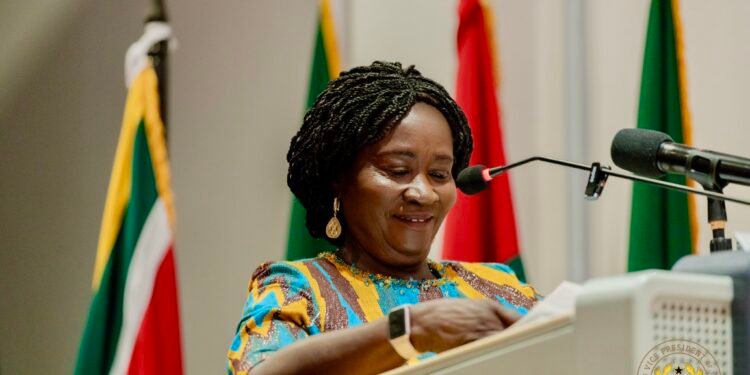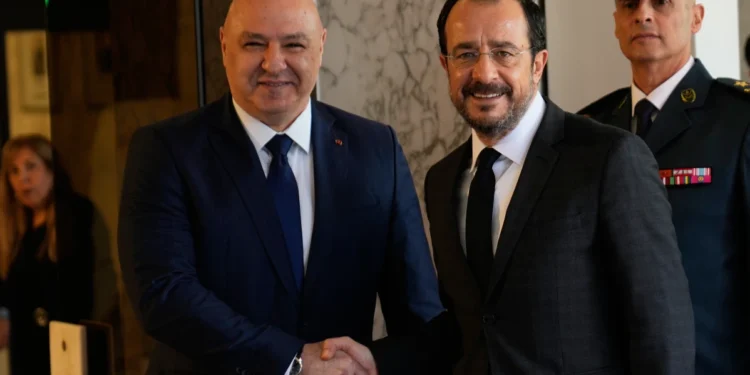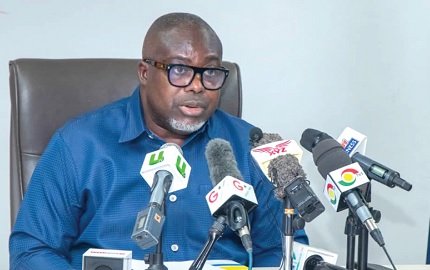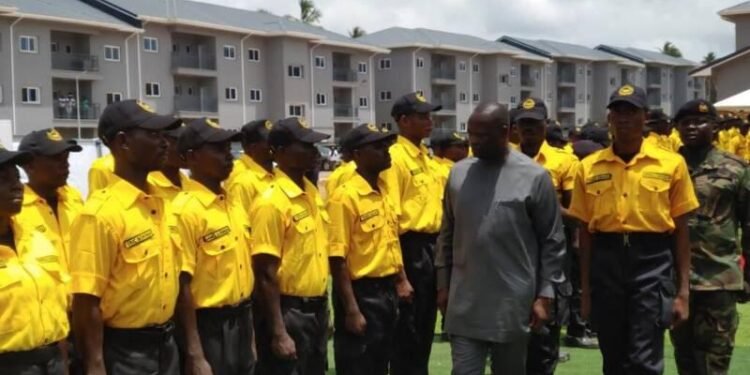Lebanon and Cyprus have finalized a long-delayed sea border agreement.
This ends an almost 20-year impasse that had stalled some oil and gas exploration in the Mediterranean Sea.
Lebanese President Joseph Aoun and Cypriot counterpart, Nikos Christodoulides signed the agreement today, Wednesday, November 26, 2025, at the Baabda presidential palace outside the Lebanese capital, Beirut, finalizing an initial deal first inked in 2007.
While Cyprus ratified the 2007 agreement, Lebanon did not because of its maritime border dispute with Israel, as well as its internal political crises. Nicosia in 2012 offered to mediate to end the impasse, but a breakthrough didn’t come until 2022, leading to a landmark agreement between Beirut and Tel Aviv, following US mediation.
Lebanon hopes offshore exploration could help it generate resources after years of crippling economic crisis. It is yet to reach a maritime border agreement with neighboring Syria, which suffers its own political upheaval after a lightning rebel offensive ousted long-term President Bashar Assad.
Cyprus is set to make the best out of the deal as European countries aim to reduce reliance on importing gas from Russia, following its invasion of Ukraine.
Last week, Christodoulides said that some of the estimated 20 trillion cubic feet of gas discovered off Cyprus could reach European markets as soon as 2027.
The delay in finalizing the agreement has prevented Cyprus from widening its hydrocarbon search, as it could not explore in areas adjacent to Lebanese waters.
Lebanon has struggled with near-daily Israeli strikes on its southern region despite reaching a tenuous ceasefire nearly a year ago. Aoun has endorsed negotiations with Israel for a cessation of hostilities, amid fears of a new war in the country.
The Mediterranean country also faces challenges to revitalize an ailing economy that has left many Lebanese in despair, by improving ties with Saudi Arabia and other Gulf countries, long frustrated by the Hezbollah militant group, which has resisted recent attempts to disarm.
Deal Between Lebanon, Cyprus Hailed
In a joint press conference with Aoun, Christodoulides called the deal a “historic agreement.” Aoun in turn said that the signing sends “a clear … invitation” to anyone who wants to cooperate with Lebanon.
Aoun said that today’s meeting carries “an added meaning,” as the two countries celebrate the completion of the demarcation of their Exclusive Economic Zone, “a step that will allow Lebanon and Cyprus to begin exploring their offshore resources and to launch joint cooperation in this field.”
Aoun extended “deep gratitude” to Christodoulides and to all Lebanese and Cypriot officials, experts, and military personnel who contributed to the effort.
“Once again, you have affirmed that respect for international law strengthens friendships between nations, and that the geography of the Mediterranean unites us just as much as history and the future do.”
Joseph Aoun
The Lebanese President outlined broad opportunities for expanded bilateral cooperation following the maritime agreement, ranging from energy and renewables to telecommunications, tourism, and joint defense initiatives, including a planned search-and-rescue coordination center.
Aoun also highlighted Lebanon’s expectations ahead of Cyprus’s upcoming presidency of the European Union next year, calling for accelerated engagement with Europe and the signing of the EU–Lebanon Strategic Partnership Agreement.
He stressed the shared interest in combating irregular migration and securing sustained support for related efforts, noting Lebanon’s “clear and significant” contributions.
Asserting that the maritime accord “targets no one and excludes no one,” Aoun said that Lebanon seeks to extend similar understandings with all willing neighbors.
“This agreement should be a foundation for wider regional cooperation, replacing the language of violence, war, and ambitions of domination with stability and prosperity.”
Joseph Aoun
Moreover, Aoun congratulated Christodoulides on the agreement, expressing hope that it will usher in a new phase of deepened cooperation
READ ALSO: CDD Fellow Calls for Inclusive Faith Practices in Mission Schools























